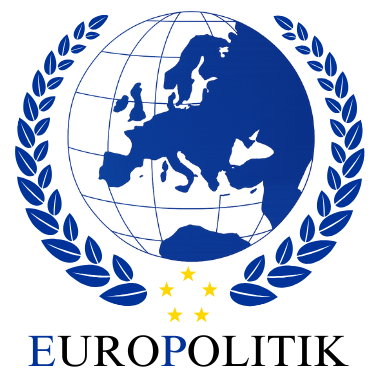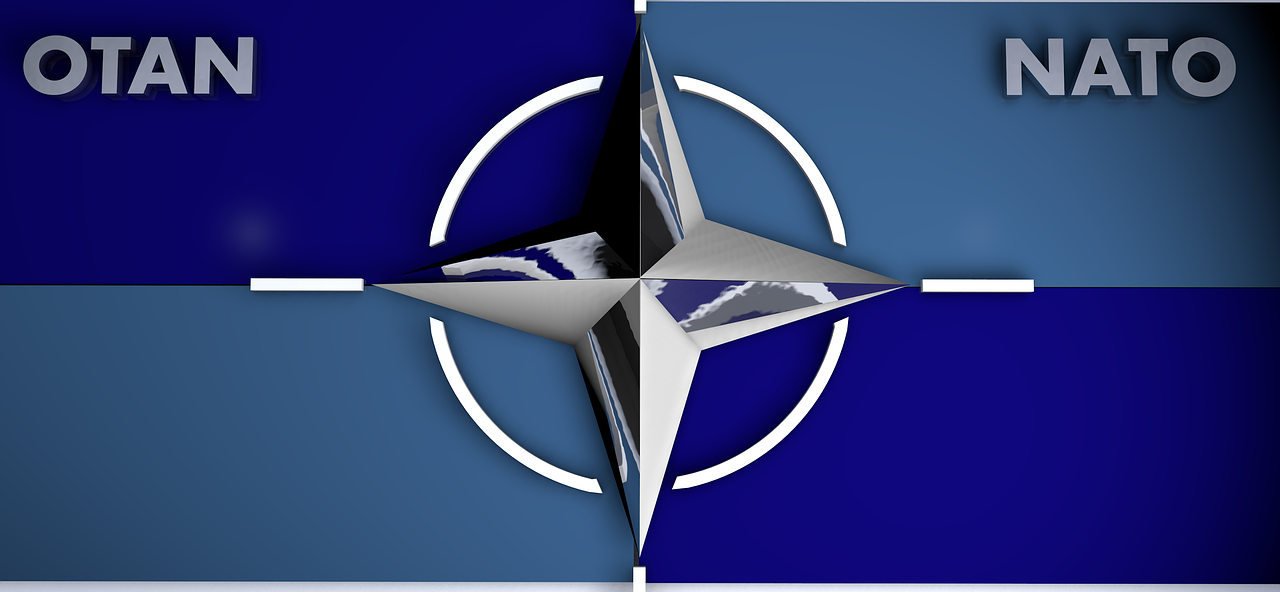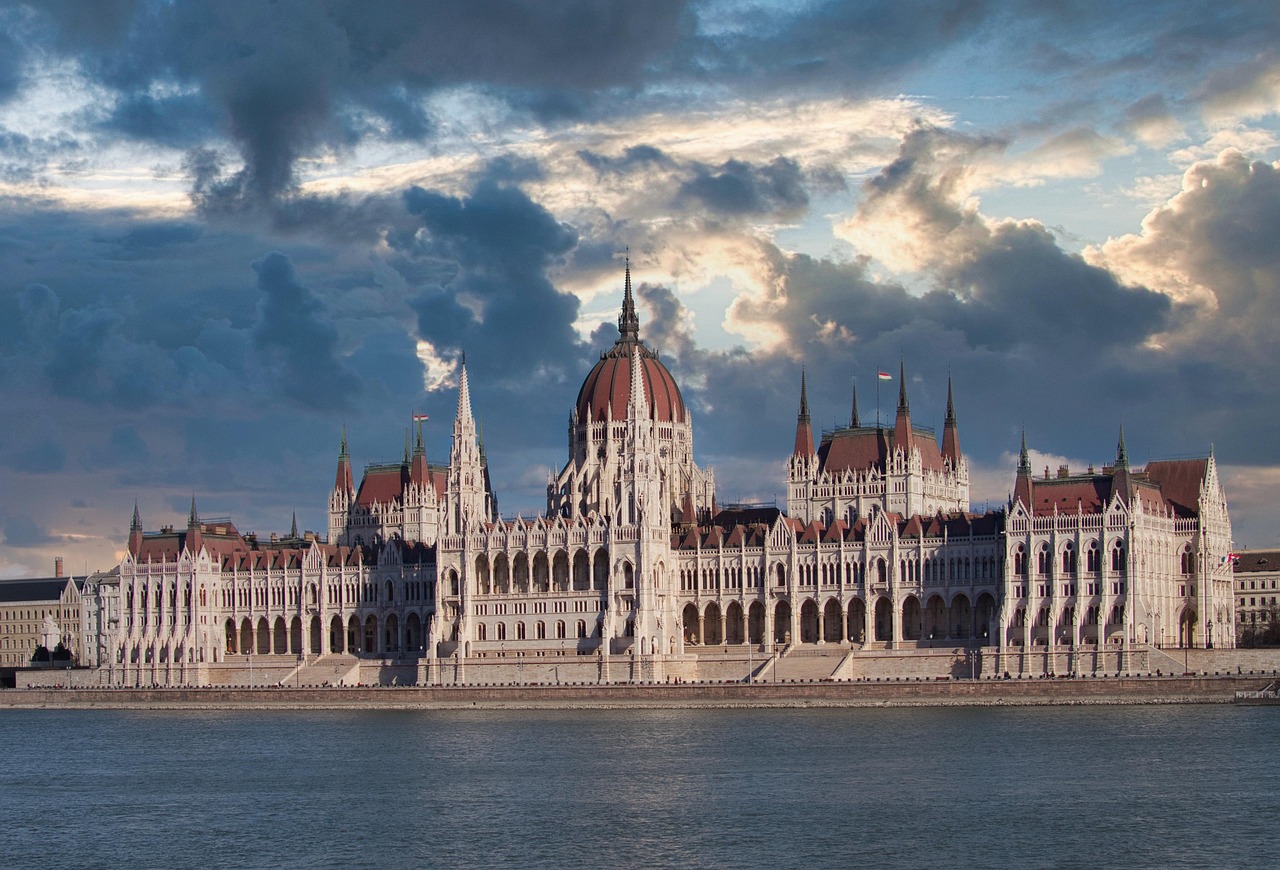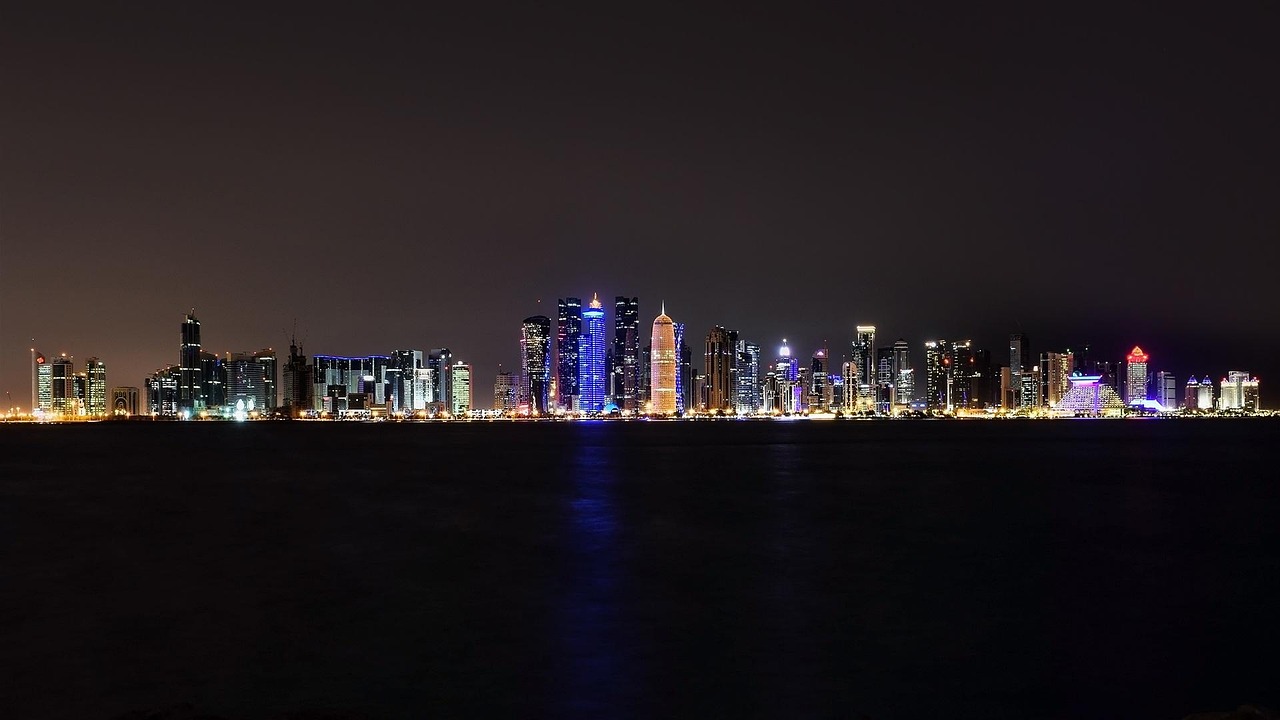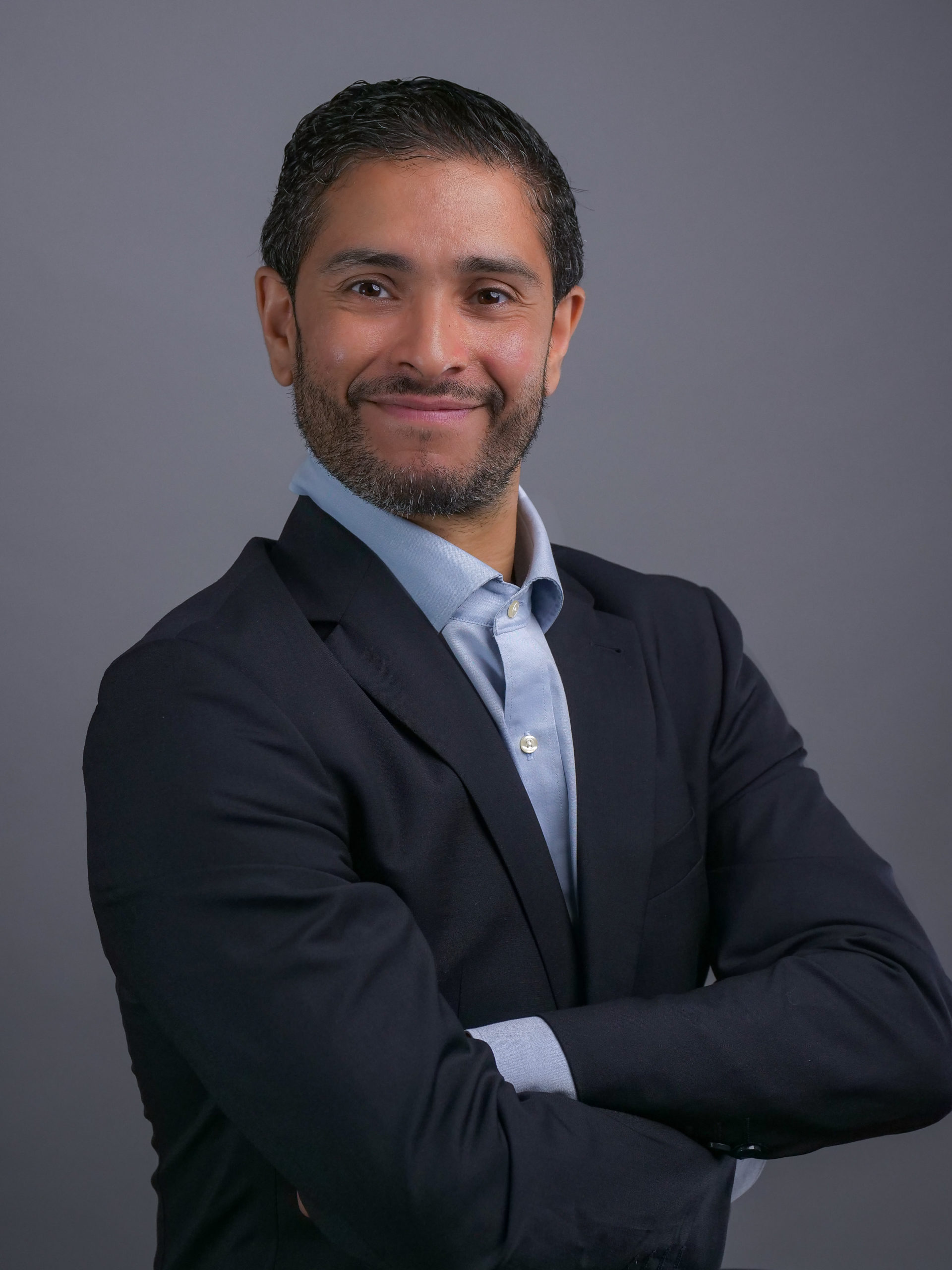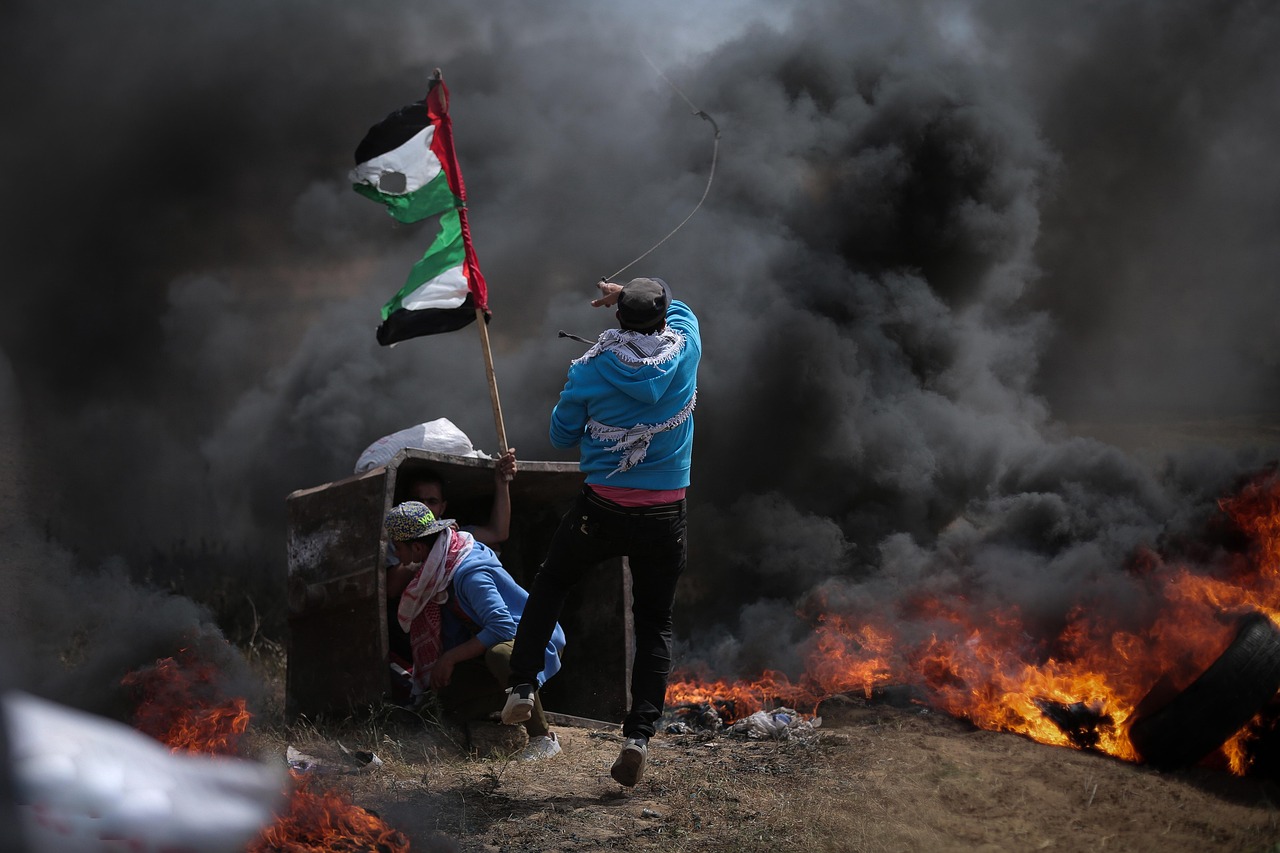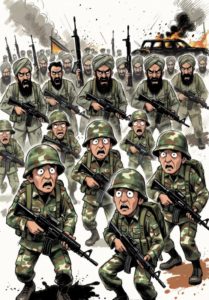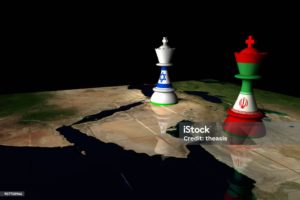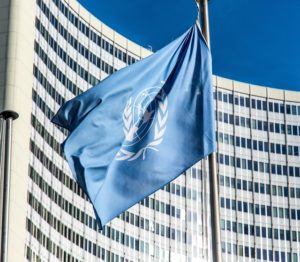NATO Gone with the Wind: Europeans at Risk of Eradication
Donald Trump cannot stand multilateralism, nor meetings of major leaders; that’s more than a given. He can’t stand even less not being the undisputed leader, making undisputed decisions, in the midst of the fray during these major global meetings so beloved by Westerners. For him, it’s not just a waste of energy and time. What he wants is to negotiate person to person, state to state, bypassing the collective decision-making he loathes, finding too slow and sclerotic. In many recent cases, he’s not entirely wrong. It’s a case of the snake biting its own tail: since the United Nations has been rendered ineffective, it’s necessary to act quickly and differently in the event of a serious conflict. And since it’s necessary to act quickly, it’s increasingly necessary to bypass international institutions. Their marginalization therefore seems inevitable for at least the next four years.
While he did attend the last G7 in Canada, Trump left in a hurry. Officially for agenda reasons, but in reality out of irritation with Emmanuel Macron’s behavior, who seemed to know better than everyone else, including himself. Pushing the American president to his limits, the French president reportedly insinuated that the White House tenant was rushing to find (alone) a solution to the war between Israel and Iran, while they were all there together to discuss it. Nevertheless, while the Europeans were once again talking in Geneva with Iranian representatives, happy to play the multilateralism card to their advantage in this highly symbolic city, Trump was waving his arms to strike Iran quickly and hard. Then, to get the two belligerents to sign a ceasefire agreement on the other side. At this point, who has temporarily won? The United States, of course.
Now that the NATO summit has just opened in The Hague in an extremely tense global context, Western powers are still trying to exert all possible influence on multilateralism and conflict resolution by drawing the spotlight on themselves. Europeans are also trying to reiterate their uniqueness in the face of Trump, who doesn’t care. While the United States is still managing on its own in the current global jungle, it’s much more complicated for Europeans, who are torn between the path of independence from Washington, without the resources, and perpetual allegiance.
It seems that Marc Rutte, former Dutch Prime Minister and current NATO Secretary General, has made up his mind and wants to bring Europeans “back to reason,” that of Washington. Indeed, he has just embarked on a famous balancing act that has everything it takes to seduce the United States and annoy Macron and his ilk: assuring the American President that all member states would finally contribute more equitably to the NATO budget by increasing their defense contributions to 5% of their GDP, and congratulating Trump on the strike against Iran and the ceasefire between Tel Aviv and Iran. This 5%, like Trump’s rejection, represents two tremendous opportunities for Europe to finally acquire strategic autonomy and a common defense.
Europeans cannot spend their time existing against others. Certainly, they have a vague charm with their romanticism, lecturing the entire world, without giving themselves the means to achieve their independence of mind. But they have already cut ties with Russia, will cut ties with China, and risk failing their tariff negotiations with the United States in the near future. Who remains our ally in this chaos, if not America?
So yes, many on the old continent are getting annoyed: some don’t want to ruin themselves militarily, others don’t have the means (France, among others, given its current debt burden), and still others don’t want to respond to the United States’ demands but at the same time criticize Washington’s planned withdrawal from Europe! They want to defend the widow and the orphan with arms but condemn Trump, who oscillates between dialogue and the Big Bertha. At some point, we need to know what we want. The bottom line is that Europeans are isolating themselves day after day on their island, at the risk of being wiped out. So, between the plague and cholera, we must choose the less painful option.
